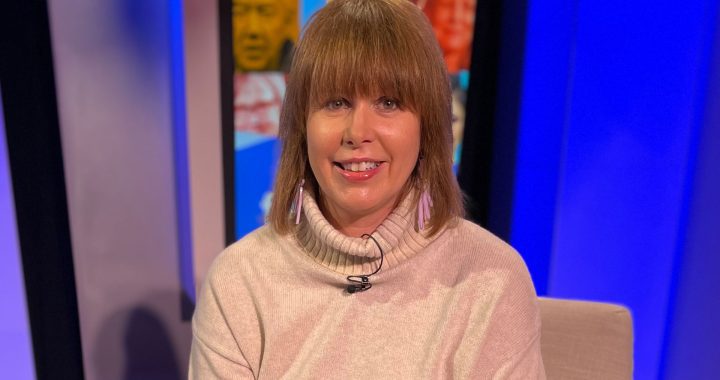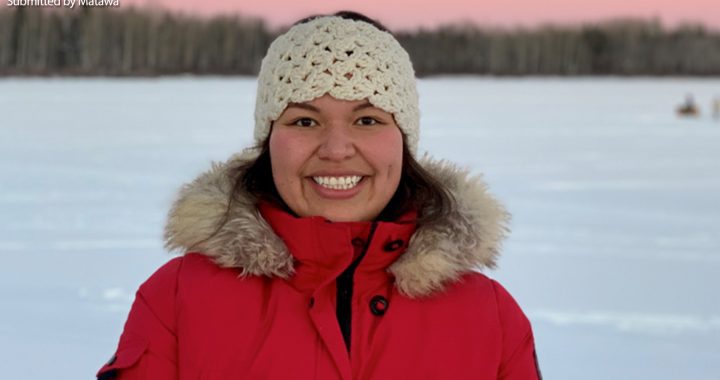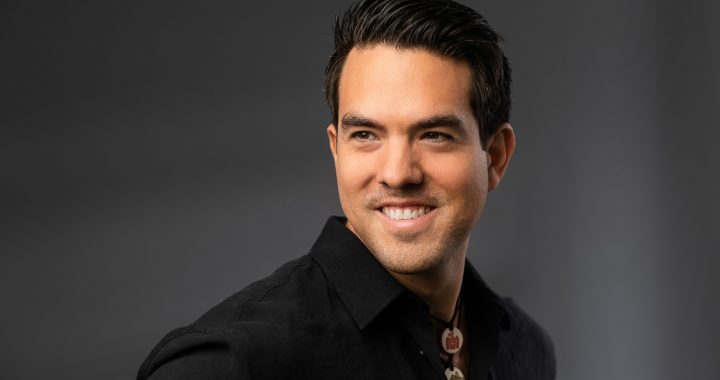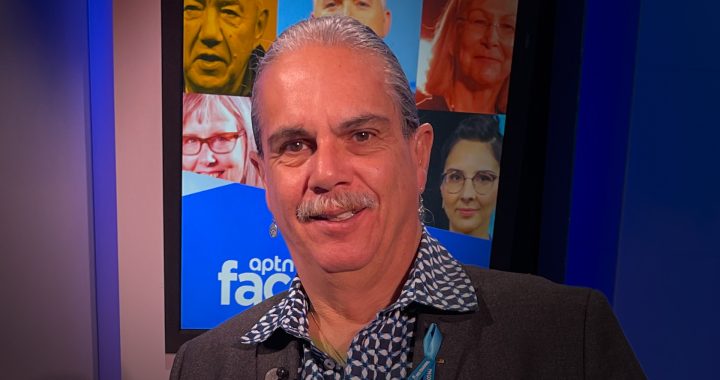Anishinaabe broadcaster and writer, Jesse Wente is not one to shy away from criticizing the media, including those that write his cheques.
Wente is one of the most recognizable Indigenous voices on the Canadian media landscape.
For more than two decades, he has been a columnist and producer for the national broadcaster.
On a number of occasions, over the years Wente has called out the CBC, APTN and others in the media.
Most publicly, during the “Appropriation Prize” controversy where a number of prominent media executives, including one from the CBC, came up with the idea of starting an award for the best book by an author who writes about other peoples, their cultures and identities.
Wente says he felt comfortable speaking out because he was a freelancer for the national broadcaster.
“Sometimes, it takes one of us, in the media to criticize the media in order for them to listen,” says Wente who adds “we shouldn’t be silenced even when our own institutions do those things.”
Wente acknowledges there are “enormous risks” for new journalists when it comes to speaking out and not something he recommends for journalists just starting out.
“There’s this big reckoning happening in newsrooms right across Turtle Island where all this history is coming out and we’re hearing about the treatment that so many people of colour, Black and Indigenous people have suffered in these institutions. It’s important that those of us who have been there for very long put our names to those efforts,” says Wente.
Wente says the media is more diverse than when he first started his career.
APTN didn’t even exist at the time and Wente believes there was less than a handful of Indigenous people working at the CBC in Toronto.
“I think for all racialized people, we need way more accountability, transparency and we need to really challenge some of the power structures that exist,” says Wente.
Wente believes there has been great strides in the Canadian media for Indigenous peoples on screen, and in the pages but behind the scenes it’s a different story.
“The executive teams, the CEO’s, the board of directors, the senior editorial positions are still not very diverse at all, if at all,” says Wente.
Wente is hoping to make changes at another long-standing colonial institution.
In the summer of 2020, he was appointed as the new chair of the board of the Canada Council for the Arts.
He is the first Indigenous person to hold the position.
While he has been on the board since 2017, the decision to take on the new role was not an easy one says Wente, who admits being the chair of a Crown corporation is not the easiest fit.
“I do think it is important that First Nations, Metis and Inuit people take on leadership roles even in colonial institutions because, it’s time and these places do affect us and our lives and so we, just as any other Canadian have a right to have the opportunity to help govern and set the agenda for these sorts of places,” says Wente.
The COVID-19 pandemic has hit the arts and culture scene particularly hard.
Many artists are out of work for the foreseeable future.
“The real fear, that I have as an arts and cultural person is that people will just leave the sector,” says Wente.
“For Indigenous Peoples, we are already such a small part of the sector that any loss would be dramatic and deeply felt,” says Wente who feels there was a tremendous amount of momentum building for Indigenous artists.
“We were on the path towards a more equitable arts and culture sector in Canada and we can’t backtrack just because of COVID, we have to double down,” says Wente.
Wente also remains the executive director of the Indigenous Screen Office (ISO).
Watch more of Dennis’ interview with Jesse Wente
Announced in 2017, the ISO advocates for greater inclusive and narrative sovereignty for Indigenous peoples in the screen sector.
The long-time, pop culture and film critic believes we are entering another golden age for Indigenous cinema.
As an example, Wente says the celebrated Mi’gmaw filmmaker Jeff Barnaby’s latest film, Blood Quantum, received praise by film critics in the U-S and Canada.
One glowing review referred to the zombie thriller as an “important step for Native filmmaking.”
Read More:
Elle-Máijá Tailfeathers’ The Body Remembers When the World Broke Open won numerous awards including Best Director and Best Original Screenplay at this year’s Canadian Screen Awards.
Wente says there are plenty of movies by Indigenous filmmakers upcoming.
“We know that more Indigenous screen content is being produced in Canada this year and next year than at any other time and that’s the trajectory we want to continue to see.”
“I think it’s an amazing time to be a storyteller, Indigenous or otherwise but specifically Indigenous. The sky’s the limit,” says Wente who hopes the Indigenous Screen Office can play a part in accelerating that progress,
“It’s important that Indigenous people have control and the ability to tell our own stories. Because we, we have experienced as a community and communities what it is when we don’t have that power. When other people decide how to tell stories about us and the damage and harm, the very real world harm that that can do,” says Wente.
APTN is one of the funders of the ISO.












